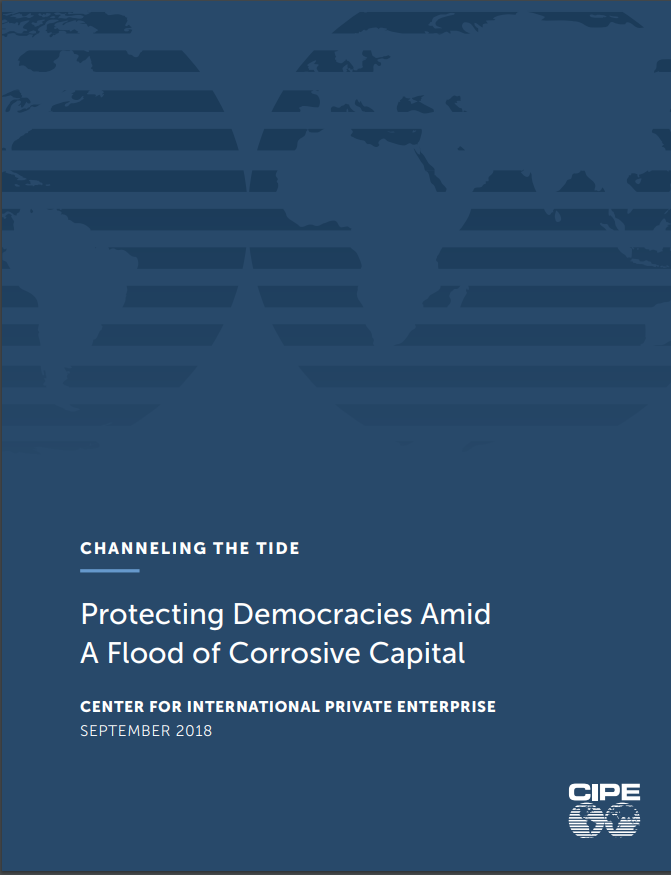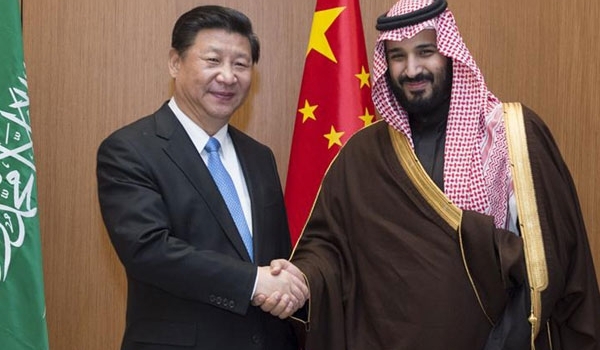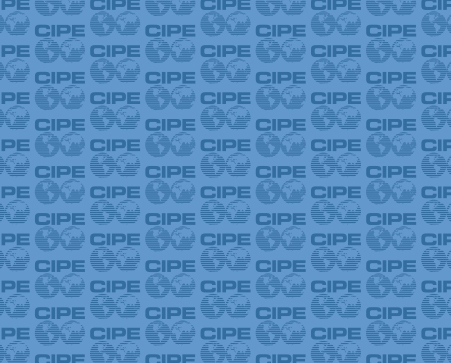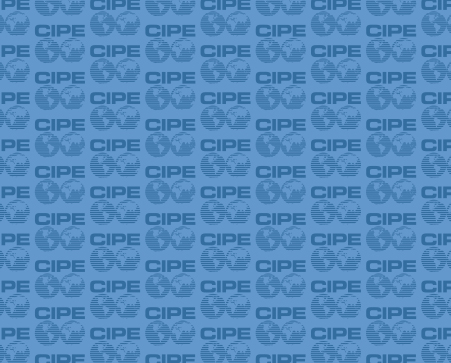Bishkek Power Plant. Photo Credit: Danil Usmanov By Caroline Elkin, Program Assistant with CIPE’s Europe and Eurasia team. There are trite ways to describe almost every post-Soviet country: Belarus is Europe’s last dictatorship and Kazakhstan suggests Borat. Kyrgyzstan, sometimes called the island of democracy in Central Asia, appears luckier. In reality, Kyrgyzstan’s cliché camouflages the… Read More
Source: CIPE By Liad Roytfarb, a fellow with CIPE’s Anti-Corruption and Governance Center In September 2018, a CIPE conference highlighted the growing concern over corrosive capital. Corrosive capital is state-driven capital transmitted from authoritarian countries to different parts of the world that can have negative effects on democratic institutions and private enterprise. CIPE and the… Read More
Photo Credit: FARS News Agency Across the globe, countries have taken varying approaches to combat the problem of corruption. In South Africa, the Parliament finally took steps to hold President Jacob Zuma accountable for his unethical dealings, resulting in his resignation in February 2018. While in Bangladesh, the head of the Bangladesh Nationalist Party Khaleda… Read More
Photo Credit: The 7 Day Travel Since coming to power in November 2012, Chinese President Xi Jinping has made it his mission to further legitimize the authority of the Chinese Communist Party (CCP). In an effort to do so, Xi and his administration, have embarked on an unprecedented and far-reaching campaign against corruption. Ever since… Read More
CIPE’s Michelle Chen, Program Officer in the Asia Region, discusses Xi’s anti-corruption campaign in China on the FCPA blog. Chen focuses on how, when there is not a broader-based rule of law in place, an anti-corruption campaign cannot be effective. She identifies ways in which China’s anti-corruption campaign has been used to further the regime’s own… Read More
The Chinese government’s crackdown on corruption is more than a passing trend, as evidenced by over $700 million in fines levied on foreign firms in 2014 alone. But enforcement has been largely contained to domestic affairs, despite a law on the books forbidding Chinese companies from engaging in bribery abroad. If Chinese prosecutors were interested… Read More






